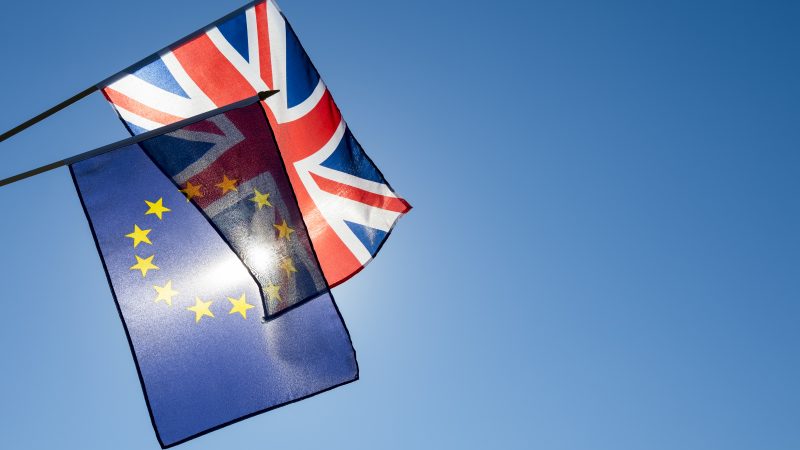
Brexit is the opportunity to create a brighter future for the country. It is the opportunity to give back to communities that have been neglected for too long. This requires the terms of our future relationship and trade with the EU to be appropriate to our sovereign status and of benefit to the UK. It will also mean that the country, approaching five years after the initial vote to Leave the EU, should finally have left. But it is not certain that the terms of the deal that Boris Johnson brings back will actually deliver on the result of the referendum and give us what we voted for in 2016.
To that end, the Centre for Brexit Policy, of which I am a director, has produced a series of tests, a scorecard if you will, to determine whether Johnson and his Conservative government have truly delivered on the Brexit referendum and decided to grasp the opportunity that Brexit affords us. Importantly, it reflects the promises that the Tories made in their 2019 manifesto with regard to leaving the EU.
Firstly, one of the primary benefits of Brexit will be the opportunity to negotiate new trade deals around the world and set new tariffs on goods entering the country. This will allow the country to tailor its requirements and deals in a way that specifically benefits the UK rather than the wider EU. This should in turn open up the UK’s access to cheaper commercial goods such as food, footwear and clothing.
In this time of crisis and pandemic, where hardworking people up and down this country are facing the squeeze through no fault of their own, it is only right that we must hold this government to account so that they deliver a Brexit deal that will make everyday essentials more affordable.
Any future deal that comes back to parliament must also not be contingent on any future payments or continued financial contributions to the EU budget. The UK economy is currently on a downward course, and the government has been required to step in to help those who have suffered in the lockdowns during the pandemic. If the government needs to continue paying the EU, that is less money that should be spent on those struggling to get by in the UK.
The trade deal that Boris brings back must also deliver upon a central theme of the referendum: returning sovereignty to the UK. This means the UK cannot remain tied into any EU stricture or structure that ensures the country remains subservient to the EU’s system of laws and courts. It was this lack of control that led many of us to vote to the Leave the EU – and we cannot allow the government to simply ignore this purpose.
If you thought that remaining part of the EU was undemocratic, just consider what it would mean if Boris signed us up to continued oversight by the European Court of Justice or being bound by EU law after we have left. We would have no representation in Brussels – at least before we had representation, however ineffectual.
We must also leave as a single UK, with no part left dangling as a de-facto part of the EU such as Northern Ireland. This would be a fundamental betrayal of our sovereignty and breach the Acts of Union 1800, which guarantee free trade between Great Britain and Northern Ireland.
Finally, fishing communities have been one of the most deprived areas of our nation for many years. A good trade deal that delivers on the promise of regaining our full control of our fishing waters might provide the impetus to finally get a handle on this situation and reverse the decline of these hard done by communities.
We cannot allow Boris’ deal to go unexamined. He must not be allowed to try and pull a fast one over the country, to seek to exploit Brexit fatigue and the ongoing Covid pandemic to rush a bad deal through parliament and then pretend that it is far better than it actually is.




More from LabourList
‘Help shape the next stage of Labour’s national renewal through the 2026 NPF consultation’
‘AI regulation is key to Labour’s climate credibility’
Ben Cooper column: ‘Labour needs to rediscover its own authentic populism’